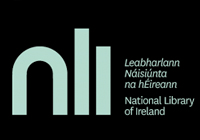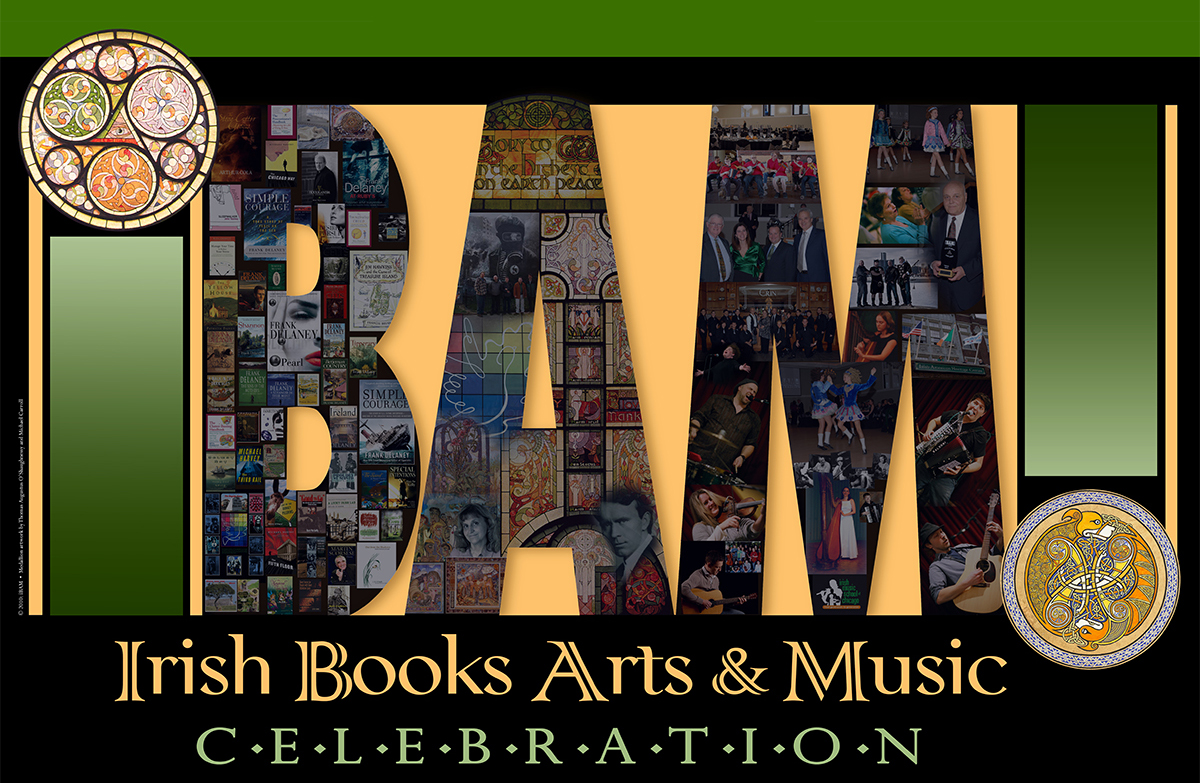Synopsis
Slumming it out of their native Eire for a spell, Morgan Llywelyn (1916: A Novel of the Irish Rebellion) and Michael Scott (Irish Folk and Fairy Tales) have turned their erudite scholarship and lyric prose to the far south: The Etruscans recounts a mythic tale of the Rasne, the "Silver People," a prosperous and sophisticated culture dwelling in what is now Tuscany that was forced out by the rise of Rome (or rather absorbed, as was the custom in those days).
Reminiscent of other well-crafted historical fantasies , the duo takes a simple but compelling story arc--buttressed by meticulous research--and brings it alive with a restrained infusion of magic and fable. The universe of the Rasne/Etruscans hangs between three worlds: "Flesh is tied to Earthworld, Spirit to Otherworld, Death to Netherworld." Scott and Llywelyn's characters exist at the intersection of these balanced but competing planes, always aware and influenced by the supernatural in otherwise mundane lives, caught between good and evil, life and death.
In this sturdy historical fantasy novel, Llywelyn and Scott turn their attention to the legendary Roman hero Horatius (he of the last stand at the bridge). The book's premise is that gods and humans are mutually dependent on one another and shaped by one another's ambitions and feuds.
A demon who's the incarnation of the builder of the Hanging Gardens of Babylon, one Bur-Sin, is fleeing the wrath of the serpent-goddess Pythia. In his flight, he impregnates Vasi, an Etruscan maiden. Etruscan law obliges Vasi and her mother to flee, but they have enough help, both natural and otherwise, to make their escape and safely deliver Vasi's son, Horatrim, who is then given abundant gifts by the gods and ancestral spirits.
Unfortunately, the existence of the son will allow Pythia to follow Bur-Sin's trail and wreak her vengeance, so as the boy grows to manhood, the demon desperately pursues him. Eventually, one Horatius Cocles has to travel into the underworld with the shade of an Etruscan ruler and rescue his mother and a prostitute named Justine from the demon, who is now incarnated in the Etruscan prince Lars Porsena of Clusium.
The authors' portrayal of an obscure time and place is convincing. Horatius grows persuasively as a character as well as in age, and the final sequence in the underworld is well up to Llywelyn's usual vivid standard.
Authors
Morgan Llywelyn
New York-born author Morgan Llywelyn is one of the world's leading popular chroniclers of Celtic culture and history. A prolific storyteller, she has written more than twenty books over the past two decades. Her fiction has received several awards and has sold more than 40 million copies, and she herself is recipient of the 1999 Exceptional Celtic Woman of the Year Award from Celtic Women International.
In the words of Judith A. Gifford of the reference publication Twentieth-Century Romance and Historical Writers, "Drawing on the history and lore that are part of her own heritage, the works of Morgan Llywelyn concern themselves with Celtic heroes and heroines, both real and mythical, bringing them and the times they inhabited to life with stunning clarity." Pauline Morgan, writing in the St. James Guide to Fantasy Writers, has explained, "[t]he majority of Morgan Llywelyn's books may be regarded as fictional biographies. Each book takes a person, often historical or legendary, and relates the story of their life. Most of the novels with a fantasy connection rely heavily on Celtic mythology, particularly that of the Irish.
Morgan Llywelyn now lives outside of Dublin, Ireland, and has become an Irish citizen.
Michael Scott
Irish-born Michael Scott began writing over twenty-five years ago, and is one of Ireland 's most successful and prolific authors, with one hundred titles to his credit, spanning a variety of genres, including Fantasy, Science Fiction and Folklore. He writes for both adults and young adults and is published in thirty-seven countries, in twenty languages.
He is considered one of the authorities on the folklore of the Celtic lands and is credited with the resurgence of interest in the subject in the mid-1980's. His collections, Irish Folk & Fairy Tales, Irish Myths & Legends and Irish Ghosts & Hauntings have remained continuously in print for the past twenty years and are now included amongst the definitive and most-quoted works on the subject. He is also known for his numerous fantasy, historical fiction and children novels
Scott is an accomplished scriptwriter and headed up the drama department in Tyrone Productions, the creators of Riverdance. He has written for the stage and screen and also created and scripted documentaries and drama for television. He has also scripted high profile events such as the Special Olympics which were held in Ireland in 2002 and the Irish Film and Television Awards.
Scott was the Writer in Residence during Dublin's tenure as European City of Culture in 1991, and has featured in the 2006 edition of Who's Who in Ireland as one of the 1000 "most significant Irish."







